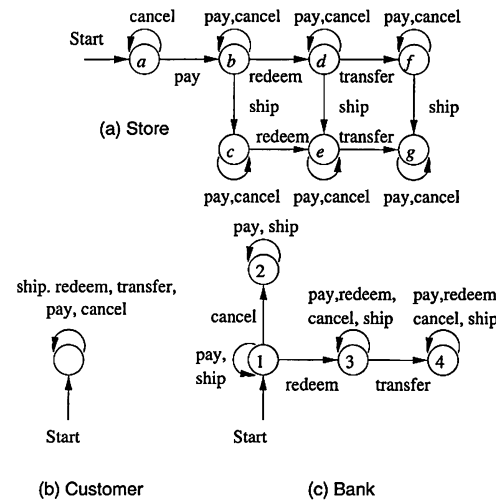Properties of Regular Languages
This article explores the properties of regular languages. Our first tool for this exploration is a way to prove that certain languages are not regular. This theorem is called the “pumping lemma” The significance of the “closure property” in regular languages extends beyond its descriptive nature. This property serves as a powerful tool enabling the … Read more


